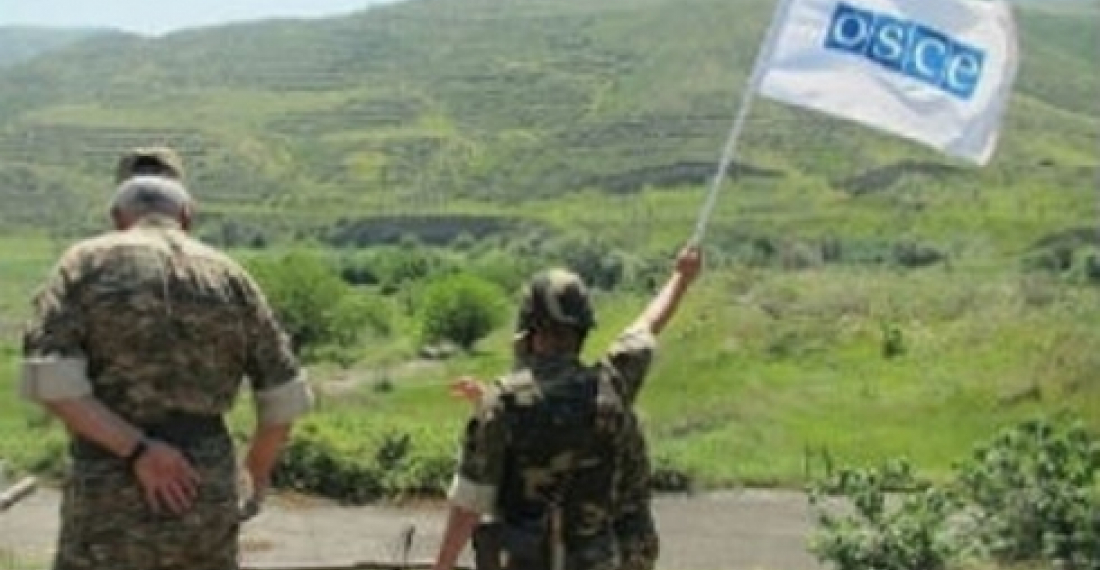Armenian and Azerbaijani sources are reporting incidents during the monitoring of the cease-fire between the two sides that was being conducted by the OSCE on Wednesday (14 January).
The reports say that a monitoring exercise, previously agreed with the sides in the conflict, was taking place near the village of Horadiz, in the Fizuli Region. The two sides accuse each other of opening fire and of disrupting the monitoring. There has been no comment on the incident yet from the side of the OSCE.
From the Armenian side the monitoring was conducted by Khristo Khristov (Bulgaria) and Jiri Aberle (Czech Republic). From the Azerbaijani side of the Line of Contact, the monitoring was conducted by Yevgeny Sharov (Ukraine), Simon Tiller (Great Britain), and Peter Svedberg (Sweden),
Moniroting of the cease fire line takes place occasionally and is always agreed before hand with the two sides. There are only a handful of monitors who are attached to the OSCE Special Representative for the Conflict, Ambassador Andrei Kasprzyk. Kazprzyk himself was not present during the incident.
source: commonspace.eu with agencies
photo: Monitoring of the cease-firte line separating Armenian and Azerbaijani forces in the Nagorno-Karabakh conflict zone. (archive picture).







